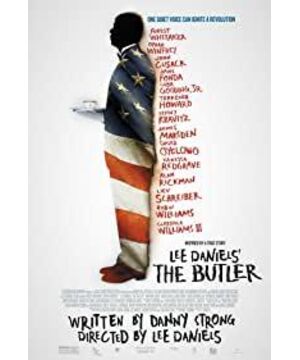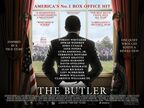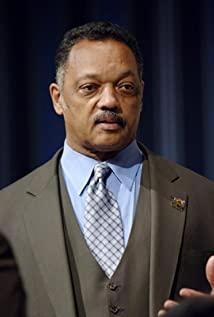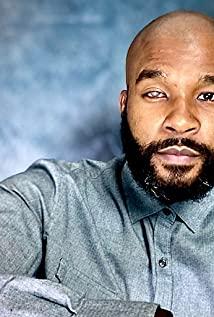The struggle for one's own racial rights is always a history of suffering full of blood, tears and violence. Every time you fight for a right, you often pay too much, not only a few people throw their heads and blood, but more hidden in people The unshakable idea in my heart. But from the perspective of ordinary people, this kind of power struggle seems to be a situation that has nothing to do with oneself and cannot stand out. It is this that highlights the historicity and decisiveness of the birth of great figures. We have always admired those great men, and admired their courage and struggle, and deeply respected their experiences and experiences. We enjoy what they have created, but we are cynical about their goals and tasks and stand on the sidelines. Maybe this is also the only good way to keep yourself safe as an ordinary person and get out of your relationship.
The film describes the plot of the film through the thoughts and concepts of two generations, and thinks about sensitive issues related to politics and race from the perspective of revolutionaries and ordinary people. Most subtly, the protagonist of the film is a black butler who is close to the power class and a butler's son who dares to fight for the rights of his own race. An old butler who succumbed to serving others, lowered his dignity, judged the situation and saved his life all his life. He was elected to the White House and served as the steward of several presidents. During this period, he constantly experienced political changes and changes in the form of racial issues. To pursue his own rights, but in the face of reality, he still chose to escape and forbear. As for the housekeeper's son, he chose a political stance that was diametrically opposed to his father's. He chose to fight for the rights of black people, and no longer silently suffer from this unfair human rights treatment. The prevailing South. There, he fought against racism with like-minded friends, and whether he was injured or threatened, or cut off from his father-son relationship, he remained on the front lines of fighting for black rights. Maybe this is the problem that ordinary people can't understand, that is, is the thought of a great man really that resolute and great? It is easy for us to understand the psychology and thinking of black butlers. As an ordinary person, if you can completely protect your family, you can bear it even if you are condescending and condescending all day long. Career, we are at a loss, we really don't know how to deal with such a thing. We need to fight for our rights, and we also need great people who fight for us, but once this happens to us, we still prefer to be ordinary people.
This is a very good movie, it makes us feel the racial discrimination, and it makes us feel the significance of the review of that period of history. As a great man, the choices and pains he experienced are unimaginable to ordinary people. As ordinary people, we sometimes need to let go of our timidity to pursue our own rights. The movie interprets the relationship between father and son very well, and also perfectly shows the psychology of ordinary black people and all the sacrifices made to the family.
The value of the film is to interpret the history of the struggle for black rights from a unique perspective, and to show us the black past based on a family. Focusing on a small point and expanding it to the whole society, we can truly feel the entire process of the evolution of the history of racial discrimination. Of course, another feature of the movie is that the stars shine. We can count the stars from the beginning to the end like counting the stars with our fingers, which really made us have a star addiction.
View more about Lee Daniels' The Butler reviews











